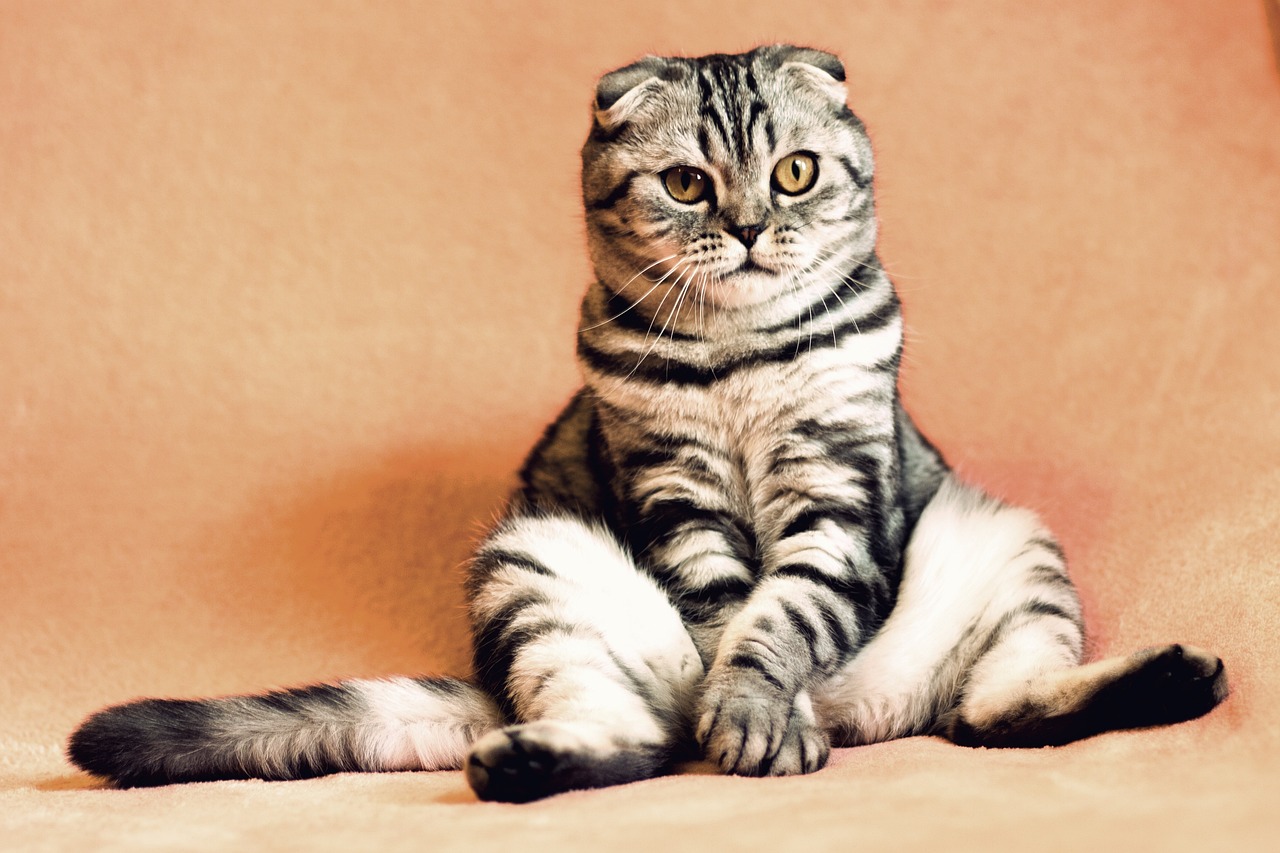Why Cats Are the Ultimate Emotional Support Companion
We all adapt to emotional stress and changes in our lives differently—sometimes tolerable and other times, we just need someone (or something) to feel at ease. Amid the rush and chaos, many of us crave for something steady—a source of comfort, connection, and calm. And so enter cats, the quiet, whiskered wonders who can transform even the loneliest or most anxious days into something softer and more manageable.
I am a proud fur parent of four cats, and after years of experience, I realized how they changed my life more than being pets and furry companions. In this blog, let’s explore more about the surprising emotional connection between cats and humans.
The Surprising Emotional Connection Between Humans and Cats
When you bring a cat into your life, you’re doing more than adopting a pet; you’re inviting a profound emotional connection. In fact, science backs this up: interacting with cats triggers the release of oxytocin—a chemical in our brain that make us feel calm, happy, and connected; and reduce cortisol or stress hormone. (Nagasawa et al., 2023)
Even the simple act of stroking their soft fur can lower blood pressure, reduce anxiety, and create a feeling of peace. This is why many experts recommend cats as emotional support animals, especially for people experiencing stress, anxiety, or loneliness. And let’s not forget their uncanny ability to read our emotions. I noticed whether I’ve had a hard day or am silently battling my inner struggles, my cats seem to know exactly when to curl up beside me, offering their quiet, unwavering presence as a balm for the soul.
Purring: The Therapy You Didn’t Know You Needed
There’s something magical about the sound of a cat’s purr (especially on a cold cozy night). It’s not just soothing; it’s therapeutic. The low-frequency vibrations of a cat’s purr—ranging from 25 to 150 Hz—have been shown to promote healing in humans especially bone generation according to a BBC article.
Whether this is true or not, I personally think it’s more than just bone strength. The sound of their purrs and the vibration trickling on your body are like ambient sounds that eventually make you relaxed and sleepy.
How Cats Combat Loneliness and Depression
At some point, loneliness has a way of creeping into our lives. Other people have no choice but to battle this feeling due to their unique circumstances. However, cats are natural antidotes. They provide companionship without overwhelming demands. Cats do not need the utmost attention. As long as their basic needs are met, nine lives are complete. 😂
Cats bring a comforting sense of routine and purpose to our daily lives. When I wake up in the morning, their meows gently remind me it’s time to feed them. Throughout the day, their playful interactions can make me laugh, breaking up the monotony and adding moments of lighthearted joy. As evening falls, they curl up beside me in the bed, offering companionship that makes the night feel cozier.
These small, consistent rituals not only ground us but also foster a deeper bond, giving our days structure and a sense of meaning. As Tay Hohoff said, “Cats have a way of finding the people who need them and filling an emptiness we didn’t even know we had.”
Bonus: Cat ownership and the Risk of Fatal Cardiovascular Diseases
A study conducted by researchers from the University of Minnesota revealed that individuals who had never owned a cat faced a 40% higher risk of dying from a heart attack and a 30% higher risk of death from any cardiovascular disease compared to those who were current or former cat owners. Interestingly, the study did not identify similar protective benefits for dog owners.
This goes to prove that owning a cat is just beyond emotional benefits.
So Cats or Dogs?
Let’s set the record straight—I’m not here to discredit dogs. Both cats and dogs bring incredible psychological benefits to their owners, as long as a genuine connection is built. Pets of all kinds provide companionship, love, and comfort, each in their unique way.
Dogs are renowned for their loyalty and energy, offering constant companionship and motivation to get outside and stay active. They thrive on routine and play, which can bring structure and joy to your day.
Cats, on the other hand, offer a quieter, more subtle form of support. Their soothing purrs, low-maintenance nature, and ability to read emotions make them exceptional companions for those seeking calm and serenity.
Ultimately, the question of cats or dogs is less about competition and more about compatibility. Which fits your lifestyle? Which resonates with your personality? The best pet is the one that meets your emotional needs and becomes your partner in creating a happy, fulfilling life.
In fact, a research supports that Oxytocin Responses After Dog and Cat Interactions Depend on Pet Ownership and May Affect Interpersonal Trust. That means benefits still depend on your connection with your pet regardless of whether a dog or a cat.
A Source of Unconditional Love and Joy
What sets cats apart is their unique way of expressing affection. They may not wag their tails or jump up excitedly when you come home, but their love is no less profound. With their unique ability to understand human emotions, it’s no surprise that many people turn to cats as emotional support animals
In moments of stillness, when the world feels too heavy, a cat’s quiet companionship reminds us that we are not alone. Their love is uncomplicated, their loyalty enduring. Life with a cat isn’t just about having a pet; it’s about embracing a partnership that nurtures your heart and soul. So, if you’ve ever considered adopting a feline friend, now might be the purrfect time.
References:
Nagasawa, T., Kimura, Y., Masuda, K., & Uchiyama, H. (2023). Effects of interactions with cats in domestic environments on the psychological and physiological state of their owners: Associations among cortisol, oxytocin, heart rate variability, and emotions. https://www.mdpi.com/2076-2615/13/13/2116
Qureshi, A. I., Memon, M. Z., Vazquez, G., & Suri, M. F. K. (2009). Cat ownership and the risk of fatal cardiovascular diseases: Results from the Second National Health and Nutrition Examination Study Mortality Follow-up Study. https://pmc.ncbi.nlm.nih.gov/articles/PMC3317329/
Curry, Benjamin & Donaldson, Brianne & Vercoe, Moana & Filippo, Matthew. (2015). Oxytocin Responses After Dog and Cat Interactions Depend on Pet Ownership and May Affect Interpersonal Trust. Human-animal interaction bulletin. 2015. 10.1079/hai.2015.0008.







